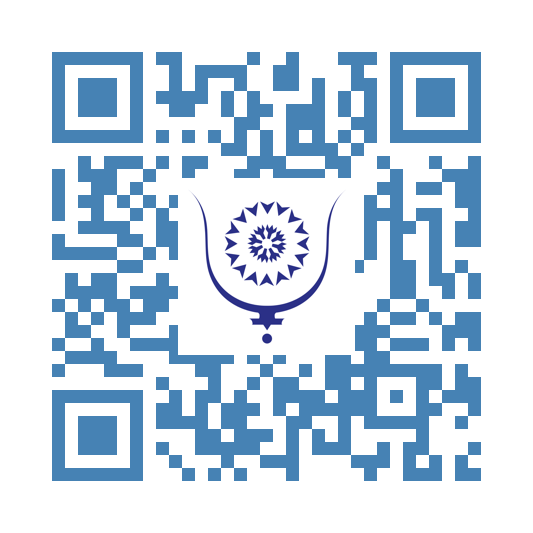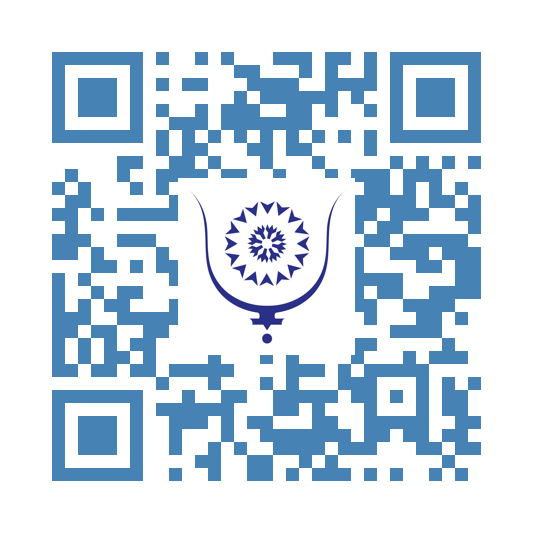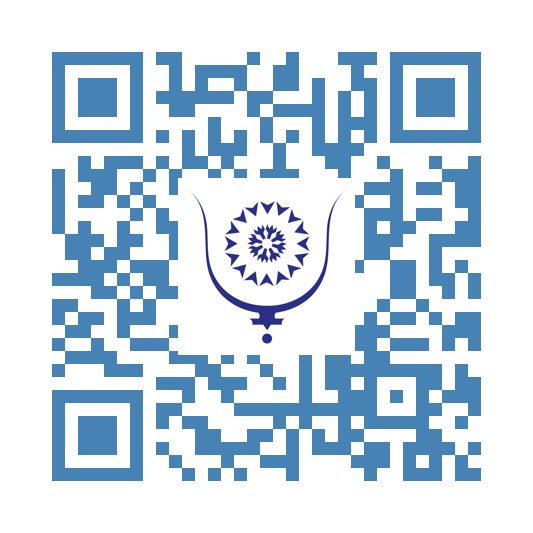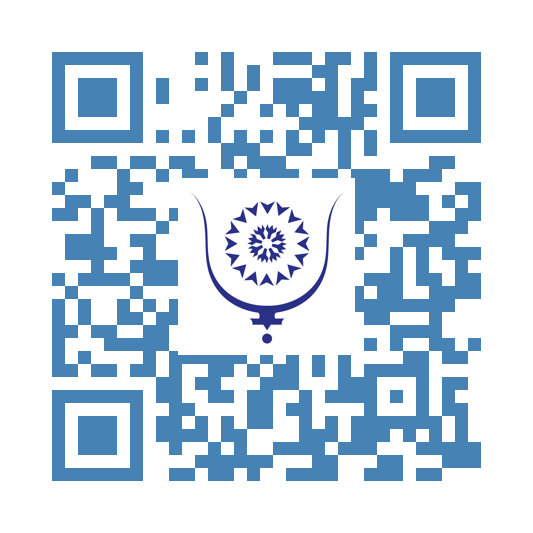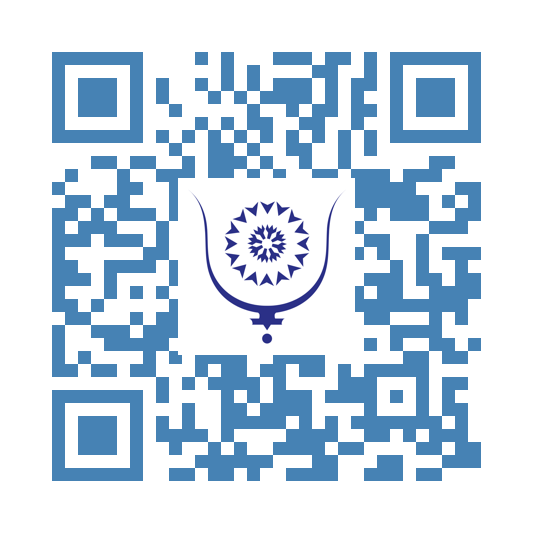It Starts with One Click. It Could Change Your Writing Life.
Picture this: You post your story. Within minutes, thoughtful writers offer ideas. You tweak, improve, and suddenly, you’re growing faster than ever. That journey starts by joining our private Discord now.

Think Forward.
Candomblé 172
Candomblé is an Afro-Brazilian religion rooted in West and Central African traditions that took shape in Brazil through enslaved Yoruba (Ketu/Nagô), Fon (Jeje), and Bantu (Angola/Congo) peoples. It is based on living relationships with the orixás (Jeje: voduns; Angola: inkices)—deities of nature and human experience—each with their own colors, rhythms, foods, stories, and temperaments.
Ceremonies take place in a terreiro under the leadership of an iyalorixá or babalorixá, supported by ogãs (ritual musicians/guardians) and ekedes (female ritual attendants). Through singing, drumming on atabaques, dancing, and strict ritual etiquette, devotees cultivate and circulate axé (sacred vitality). The three main drums-rum. rumpi, and lê-have specific patterns for each orixá, and liturgical songs usually preserve Yoruba and Bantu words that transmit theology and history.
During the ceremonies, the orixás may “take over” (sometimes called mounting) initiated mediums in spirit possession, bringing counsel and healing to the community. Offerings and sacred foods are prepared with rules of purity and respect; initiation is a long apprenticeship involving seclusion, ritual shaving (raspagem), obligations, and the building of one’s personal relationship with patron orixás. New initiates (iaôs) receive sacred objects and taboos (quizilas) that guide daily life and protect their axé.
Divination—often performed using cowrie shells (jogo de búzios) or Ifá—guides decisions, diagnoses imbalances, and prescribes ebós (remedies/offerings). Many houses historically masked orixás with Catholic saints to survive persecution, yet Candomblé maintains its own theology, ritual language, and ethics. Each “nation” (Ketu, Angola, Jeje, and others) keeps distinct musical styles, liturgical languages, and ritual aesthetics while honoring common principles.
The religion values humility, reciprocity, care for elders and initiates, and practical service—healing, protection, and community solidarity. Terreiros keep pejis (shrines) and sacred trees, and many lead environmental and social projects as an expression of respect for the natural forces embodied by the orixás. Public festivals mark the calendar with processions, communal meals, and songs that celebrate the houses’ lineages.
Today Candomblé thrives across Brazil and the diaspora, adapting to modern life while safeguarding initiatory secrecy, ritual precision, and the dignity of African-descended wisdom. Despite ongoing prejudice, legal recognition and cultural pride have strengthened terreiros, allowing them to teach, serve, and preserve traditions for future generations.
The 4 Choices of Morpheus and what it teaches about human psychology 256
An iconic scene from an iconic movie. Two men sitting face to face in a abandoned hotel. Each one on a red leather, luxurious Chesterfield-style armchair. A ridiculously small coffee table between them. The scene is dimly lit and outside a storm is raging.
The move Morpheus speaks and the more Neo leans forward. Enthralled by the story, by the mystery being revealed.
Morpheus leans forward, extending his hands:
"This is your last chance. After this, there is no turning back. You take the blue pill—the story ends; you wake up in your bed and believe whatever you want to believe. You take the red pill—you stay in Wonderland and I show you how deep the rabbit hole goes. Remember, all I'm offering is the truth. Nothing more."
Slowly he opens each hand, revealing the translucent pills.
Take the blue pill an stay as you are, take the red pill and attain gnosis. Knowledge of the true reality of things. The deal is irresistible.
However, as there seem to be only two choices. In reality there are 4: take the blue pill, take the right pill, take both pills and take none.
The last two did not occur to Neo, as they did not occur to the audience. The scene, the monologue is perfectly crafted. With his words and delivery Morpheus created a box for Neo's mind and the audience. A limited set of reality in which to think.
We will never know what would you have happened if Neo had just walked away.
Morpheus was selling the red pill, and he executed the prefect sell.
Thinking outside of the box often means refusing to get boxed-in in the first place.
You are leaving Bluwr.
We cannot guarantee what's on the other side of this link:
My Street 294
My Street
It belongs to me
It’s part of my daily life
It’s a kind of identity and bond
I love the name of my street, and that’s fine
It wasn’t named for nothing
My street is called Hablmlouk
And it’s not just any name
Yes, it’s called Cherry Street 🍒
It’s beautiful and exquisite
It reminds me every moment of Sefrou
My hometown
With ancestral roots
It enchants me from all sides
And for me, above all
That’s enough
It’s better that way
Dr. Bouchareb Fouad
May 18, 2020
Love 346
Love!
Love is a destiny We hardly choose the moment to love
It happens one evening or one morning
It happens by pure chance
It leaves you confused and haggard One day when you least expect
it You didn't see
it coming from afar
It happens in the blink of an eye... Without an appointment...
It makes you soft...
It makes you lose your mind...
It makes you run away from home Like fire,
it burns you with passion Love at first sight is legion
You'll get your share,
your ration Without logic...
But it's beautiful despite everything we endure
It's a pure feeling When it's sincere It's magical
It's fantastic Despite its pains and sorrows, its sleepless nights Until morning
It's the elixir of life It's endless ecstasy...
It happens to you by magic...
Content in loving takes you away from everything...
It besieges you from everywhere!
It takes over!
It will drive you crazy sooner or later!!!
Dr. Fouad Bouchareb El Medano / Tenerife August 24, 2025 Inspired by a text by Jalal Eddine Erroumi Arabic and Arabic All rights reserved
Recognition of Palestine: Historic Gesture or Too Late? 510
The decision this week by several Western powers to recognize the State of Palestine could have been hailed as a founding moment in contemporary history. Coordinated and announced almost in unison, it seems to mark a decisive milestone in a conflict that has torn the Middle East apart for more than seven decades. Yet, between symbolic significance and concrete impotence, this gesture raises a dilemma: is it an act that will make history or a missed opportunity due to its tardiness? A recognition long awaited and especially delayed for numerous reasons, more or less understandable.
Since the proclamation of the State of Palestine by the PLO in 1988, at the behest of the most alert Arab countries, with Morocco leading the way, marking the transition from an armed struggle bordering on terrorism to a reliable entity, a political interlocutor and partner, more than 140 countries, mainly from the Global South, have taken the step of recognition. It is the Western powers, particularly European ones, that were slow to align. Yet, their political, diplomatic, and financial weight could have, in the 1990s or 2000s, influenced the intense negotiations then underway and given substance to the two-state solution promoted by the Oslo Accords.
By choosing to act today, in a context where the prospect of a viable Palestinian state seems more distant than ever, many facts having shifted on the ground, the Western powers appear to recognize more the legitimate cause of a people than they make it effective. The Oslo Accords have been bypassed and are now worthless. What remains is the symbolic weight of recognition.
However, it would be reductive to minimize the significance of this gesture. In the diplomatic arena, official recognition could be a major symbolic weapon: it would confer additional legitimacy to Palestine, strengthen its positions in international bodies, and create a political precedent. For Israel, it sends a clear message: the patience of its traditional allies may have eroded in the face of the deadlock of the status quo and the continued expansion of settlements in particular.
Unfortunately, it also reveals Western impotence.
Beyond the symbol, the reality remains harsh: Gaza remains under siege, the West Bank fragmented, and East Jerusalem under constant tension.
Without coercive mechanisms, without economic or diplomatic pressure, these announcements risk remaining a moral signal rather than an instrument of transformation. In other words, the West writes a declaration in history but without real control over its course, even though it is decisions by this same West that are at the origin of the extremely dramatic situation in the region.
So, what will we talk about after time has taken its toll? Has the West marked or missed history?
The recognition of the State of Palestine by these Western powers remains an important diplomatic step but also reveals a paradox: it comes at a time when the solution it was supposed to endorse seems more distant than ever. To make history is to act when action can change the fate of peoples. To miss it is to settle for observing, too late, what history has already decided.
The ambiguity is there: this is a gesture heavy with symbols but weak in concrete effects, and above all, a meeting probably too late to have the historical impact it could have had two or three decades ago.
It remains to address the Palestinians themselves: The numerous militant factions attached to unsavory causes and ideologies should cease their harmful game and all should align around an intelligent and achievable line. Palestinians should seize the opportunity with pragmatism and especially independence in their way of understanding, seeing, and acting. Perhaps this is the condition for these recognitions to weigh on the course of history.
My Generation 631
I come from a generation that never knew electronic tablets. Our tablets were wooden boards, where we copied verses from the Quran, learned them by heart, and recited them before the fqih. A single mistake meant the sting of a stick, followed by the laughter of classmates.
We never begged our parents for toys. We built them ourselves—rolling bicycle rims with a stick for handlebars, imitating the roar of engines with our mouths, or crafting skateboards from wood and ball bearings. Our games were simple but endless: hide-and-seek, marbles, spinning tops.
We did not need private lessons. Our teachers were masters of their craft, teaching with passion and devotion. We discovered poetry, crossword puzzles, and the joy of words at an early age. Respect for elders was a rule, and care for the younger ones a duty.
Holidays were not for travel but for small jobs that earned us coins to buy books—Camus, Hugo, Balzac, and others that today’s youth rarely open. We lived fully in the real world, untouched by the virtual.
Our joys were simple: an old movie at the cinema, a homemade sandwich of tomatoes and peppers, afternoons at the public pool, or slipping into a football match just before the final whistle. One black-and-white TV channel was enough, and a transistor radio was a treasure.
We kissed our parents’ hands, respected teachers and policemen, shared our scholarship money with siblings, and saved schoolbags and textbooks for years. We listened to our grandmothers’ tales in the dark, our imaginations weaving monsters, heroes, and enchanted princesses.
We knew the Solex, the 2CV, the Dauphine, the R8. We wrote letters and waited for the postman as if he were a hero. Pocket money came only at Eid, and our first driver’s license only after our first paycheck. We grew up running errands, carrying bread to the oven, water from the fountain, groceries on credit in the neighborhood shop.
We learned values the hard way—through discipline, slaps, and the watchful eyes of parents, neighbors, and teachers. Elders were always right. We listened more than we spoke.
That is why my generation is so different from today’s. We are often misunderstood, dismissed as outdated—even by our own children. Yet I cannot help but feel that those who never lived what we did have truly missed something.
Dr. Fouad Bouchareb
All rights reserved
